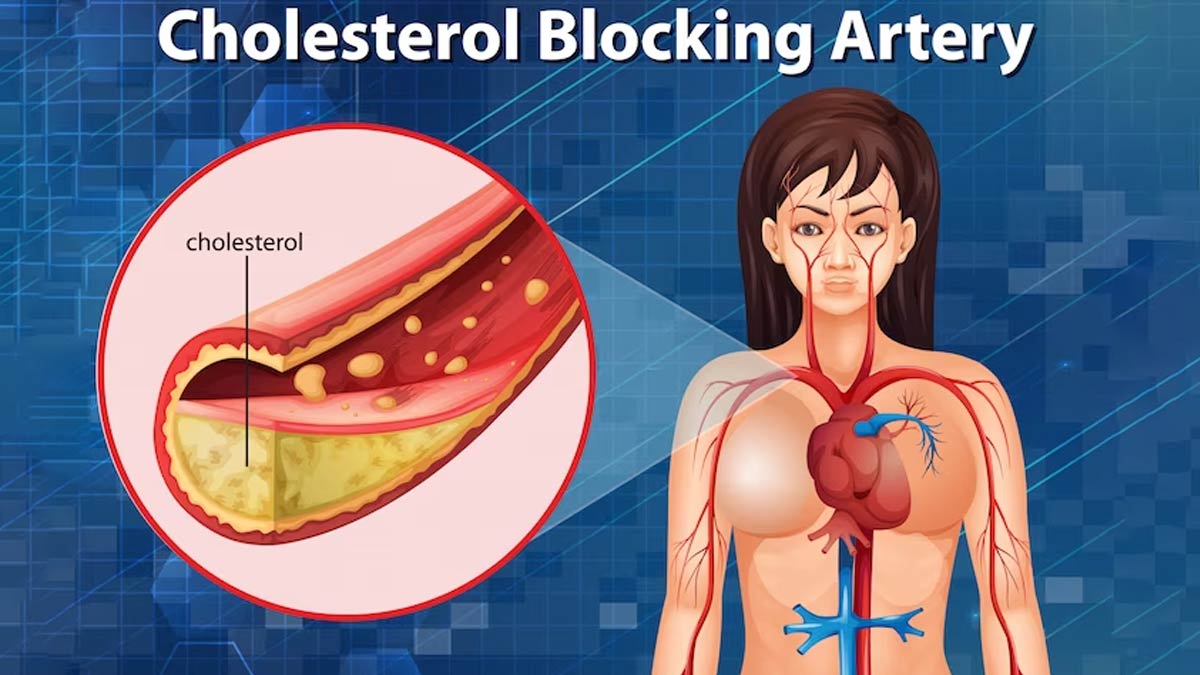
If you want to maintain high cholesterol, the very first thing you need to do is to At all ages, make changes in your dietary habits and while lipids receive the majority of the attention, carbohydrates play an important role. Not all carbohydrates are created equal, and eating the appropriate ones can help lower bad cholesterol while boosting overall heart health. Here's a look at carbohydrates that can help lower cholesterol.
1. Whole Grains
According to The Journal of Nutrition, whole grains are an essential part of a cholesterol-lowering diet. They contain soluble fibre, which helps reduce the absorption of cholesterol into your bloodstream.

- Oats and Oatmeal: Rich in beta-glucan, a type of soluble fibre that's particularly effective in lowering LDL (bad) cholesterol.
- Barley: Also high in beta-glucan and can help improve cholesterol levels when included in a balanced diet.
- Whole Wheat: Products like whole wheat bread and pasta can be good sources of fibre, but always check the label to ensure they're made with whole grains.
Also read: Tulsi Leaves For Managing Cholesterol: Expert Explains It Benefits And How To Use It
2. Legumes
Legumes, or pulses, include beans, lentils, peas, and chickpeas. They're a powerhouse of nutrition, high in soluble fibre, protein, and key nutrients, making them excellent for heart health.
The Food and Drug Administration (FDA) recommends that individuals consume 28 grammes of mixed soluble and insoluble fibre per day. This amount varies according to an individual's age and gender.
Beans are very high in soluble fibre, which can bind cholesterol in the digestive system, causing it to be excreted. Besides being a great source of soluble fibre. Lentils can be used in a variety of dishes, making them a versatile ingredient in your diet.

3. Fruits
Many fruits are high in pectin, a type of soluble fibre that lowers LDL cholesterol. Apples, Grapes, and Citrus Fruits: These are particularly high in pectin. Eating them whole is more beneficial than juicing, as the fibre content is higher in the whole fruit. Strawberries, raspberries, and blackberries are not only rich in fibre but also antioxidants, which can help improve heart health.
4. Vegetables
Certain vegetables are excellent sources of soluble fibre, which is beneficial for those looking to reduce their cholesterol levels.
- Okra and Eggplant: These two vegetables are among the best sources of soluble fibre, which helps lower LDL cholesterol.
- Sweet Potatoes: Not only are they high in soluble fibre, but they also provide a healthier carbohydrate option for those watching their blood sugar levels.
5. Nuts and Seeds
While nuts and seeds are higher in fat, it's the healthy kind of fat that can actually improve heart health. They also contain fibre and plant sterols, which can help lower cholesterol.
Almonds, Walnuts, and Flaxseeds: These are good sources of fibre and omega-3 fatty acids, known for their cholesterol-lowering effects.

Conclusion
Start your day with oatmeal or another whole-grain cereal topped with berries. Include beans or lentils in your meals several times a week; they can be added to soups, salads, or as a meat substitute in many recipes. Snack on a piece of fruit or a small handful of nuts instead of processed snacks. Experiment with vegetable-based dishes, such as stir-fries or stews, that include eggplant or okra.
Choosing the right types of carbohydrates can have a positive impact on your cholesterol levels and overall heart health. Along with dietary changes, regular physical activity and maintaining a healthy weight are crucial in managing high cholesterol. Always consult with a healthcare provider or a dietitian before making significant changes to your diet, especially if you have health conditions that require special dietary considerations.
Also watch this video
Read Next
Do You Skip Meals Or Have Late Dinner? Expert Shares Why You Should Be Punctual With Your Meals
How we keep this article up to date:
We work with experts and keep a close eye on the latest in health and wellness. Whenever there is a new research or helpful information, we update our articles with accurate and useful advice.
Current Version